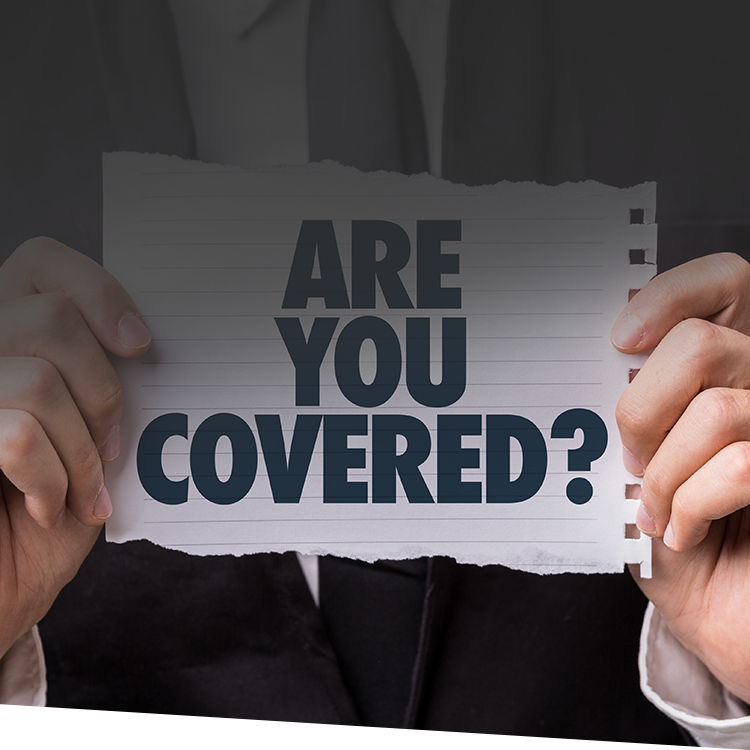It’s inevitable that your school will employ vendors to help support some aspects of your operations. Whether these vendors provide transportation, food, construction, or some other service, all should carry adequate insurance policies.
Before you sign a contract and the vendor begins work, ensure each provides proof that the following policies and coverages are in place to protect their business and your school.
Commercial General Liability Insurance. This insurance covers claim or loss for bodily injury and property damage, independent contractors liability, contractual liability, product liability, and completed operations liability. Look for at least $1 million per occurrence and $2 million annual aggregate.
Workers’ Compensation. This policy protects the contracted employee and the vendor after an on-the-job injury. Statutory limits are required.
Automobile Liability. This protection is necessary when a vendor drives a vehicle on or to your campus in performance of their job, including transporting school employees, students, and volunteers. This policy should include coverage for both owned and hired vehicles.
Cyber Risk Insurance. This is critical when a vendor stores or has access to the school's sensitive and protected data. The coverage should provide protection not only for malicious behavior, but human error of vendor employees. Your school should also carry a separate cyber policy covering your own employees.
Professional Liability. This is additional and specific coverage for vendors with a professional designation or certification, such as medical professionals, engineers, special education specialists, architects, and more.
Umbrella or Excess Liability Coverage. As the name implies, this protection is “over” the underlying policies and extends the limits. The underlying policies typically are general liability, automobile liability, professional liability, and workers’ compensation.
The Business Office is responsible for confirming every vendor carries coverage for activities performed for the school. Proof of these coverages must be provided via a certificate of insurance. Review these certificates with your P&C broker.
You can also ask that the school be named as an “additional insured” on the vendor’s policies. There is no added cost to the vendor or your school, and by doing so, you can access the vendor’s insurance should there be a loss or claim against the school.
Additional ISM Resources:
The Source for Business and Operations Vol. 15 No. 5 Reducing Risk When Hiring Vendors and Contractors
Additional ISM resources for Gold members:
I&P Vol. 43 No. 3 Outsourcing Payroll: Issues to Consider
I&P Vol. 41 No. 14 Private-Independent Schools and Personal Financial Information





